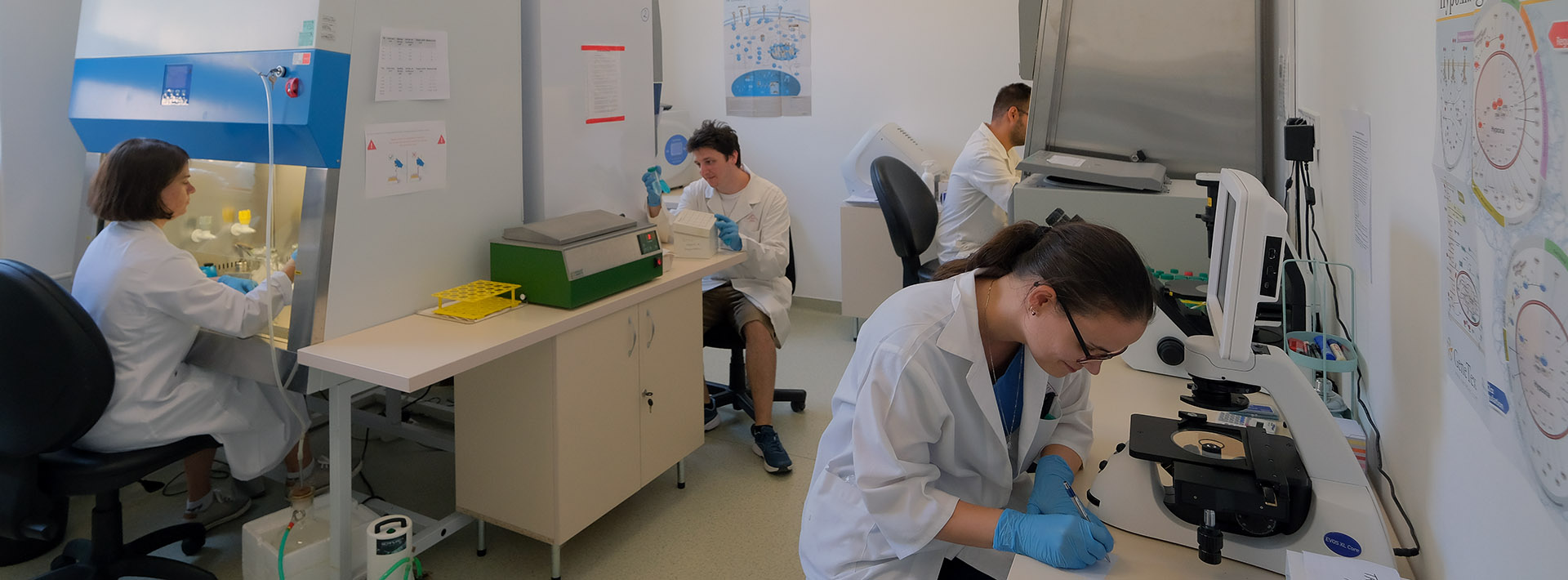Data
Official data in SubjectManager for the following academic year: 2023-2024
Course director
-
Dr. Zita BOGNÁR
associate professor,
Department of Biochemistry and Medical Chemistry -
Number of hours/semester
lectures: 12 hours
practices: 0 hours
seminars: 0 hours
total of: 12 hours
Subject data
- Code of subject: OSE-ANK-T
- 1 kredit
- Dentistry
- Elective modul
- spring
-
Course headcount limitations
min. 5 – max. 200
Topic
The course deals with the deepening of the acquired chemical knowledge, with a detailed discussion of issues of outstanding importance for dental materials science. Our goal is to develop a good and stable basic chemistry knowledge relevant to clinical subjects and dental training.
Lectures
- 1. Repetition of basic concepts: density, solubility, distribution, hygroscopy, melting, source, hardness, machinability, soldering, bending, elasticity, viscosity, homogeneous-heterogeneous, homogenization, mixing. - Dr. Jakus Péter Balázs
- 2. Repetition of inorganic chemical knowledge I. Fundamentals of material structure. Crystalline, amorphous materials. Sample preparation materials, gypsum, resin, oil, silicates, diatomaceous earth, zinc oxide. Fixing materials: cements. - Dr. Jakus Péter Balázs
- 3. Repetition of inorganic chemical knowledge II. Composition and chemical characterization of dental ceramics. Silicate ceramics, oxide ceramics, millable glass-based systems. - Dr. Jakus Péter Balázs
- 4. Repetition of inorganic chemical knowledge III. Electrode potentials, metallurgy. Properties, macro- and micro-structure of dental metals. - Dr. Bóna Ágnes
- 5. Repetition of inorganic chemical knowledge IV. The alloys. Machining of dental metals, metal processing aids. Metal allergy. - Dr. Bóna Ágnes
- 6. Repetition of organic chemical reactions. Substitution, addition, elimination, condensation, polymerization, polyaddition, polycondensation. - Dr. Jakus Péter Balázs
- 7. Repetition of knowledge of organic chemistry. Clanes, alkenes, alkynes, aromatic compounds, alcohols, oxo-compounds, - Dr. Jakus Péter Balázs
- 8. Halides, sulfur-containing compounds, carboxylic acids, nitrogen-containing compounds. Typical reactions of the compounds. - Dr. Jakus Péter Balázs
- 9. Basics of dental polymer chemistry, their classification. - Dr. Jakus Péter Balázs
- 10. Plastics I.: epoxy resins, polyurethanes, acrylates, heat-resistant plastics. - Dr. Bóna Ágnes
- 11. Plastics II. silicones, polysulfides, polyethers, agar-agar, PMMA-based materials, composites - Dr. Bóna Ágnes
- 12. Test. - Dr. Bognár Zita
Practices
Seminars
Reading material
Obligatory literature
P. Gergely (ed.): Organic and Bioorganic Chemistry for Medical Students, latest edition, Univ. Med. School of Debrecen
Veronika Nagy (ed.): Laboratory Experiments in Medical Chemistry, Internet edition, Univ. Med. School of Pécs, 2011
Literature developed by the Department
http://aok.pte.hu/en/egyseg/oktatasianyagok/20
Notes
http://aok.pte.hu/en/egyseg/oktatasianyagok/20
Recommended literature
Hein-Pattison-Arena-Best: Introduction to Chemistry General, Organic, and Biochemistry, latest edition
P. Gergely (ed.): Organic and Bioorganic Chemistry for Medical Students, latest edition, Univ. Med. School of Debrecen
Conditions for acceptance of the semester
2 lectures can be missed
Mid-term exams
Student must be at the class at least 10 lectures; test will be written at the 12nd week. Socrative questions during the lectures
Making up for missed classes
lectures can not be replaced
Exam topics/questions
-
